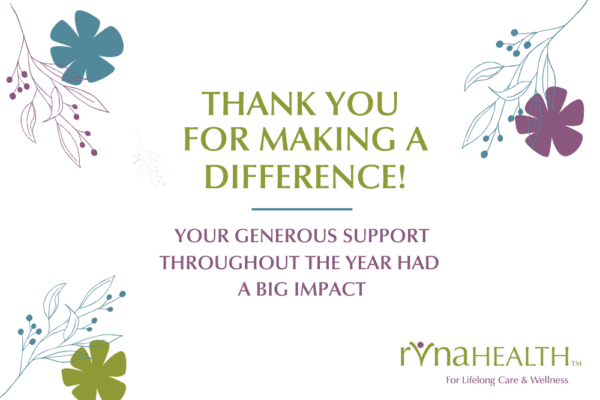

November is Hospice and Palliative Care month. And while palliative and hospice care share a kindred approach and certain commonalities, they are also distinct and independent practices. There are approximately 90 million people living with a serious illness in the U.S., and it is estimated that 6 million could benefit from palliative care. So what is palliative care?
The National Hospice and Palliative Care Organization (NHCPO) provides some very helpful information to help explain palliative care.
Here’s a snapshot: Palliative care helps individuals with a serious illness, at any age and any stage of their illness. Palliative patients do not require a terminal diagnosis and often still receive curative treatment for their condition in parallel with palliative care. Palliative care provides a specialized team (including expert nurses, social workers, pastoral care providers, and doctors) working alongside primary care treatment plans, to add support for concerns such as pain, shortness of breath, depression, nausea, and difficulty sleeping, to name a few.
Palliative care is intended to improve quality of life and give a patient more control by improving their ability to cope with primary treatments and by helping them understand their treatment options. Common illnesses benefited by palliative care include cardiac and respiratory illnesses, cancer, Alzheimer’s, AIDS, kidney disease, and more. Palliative care can be initiated by a physician and is paid for by Medicare, Medicaid, and most private insurances. Recent research has indicated early palliative care involvement may help those with serious medical issues live longer.
RVNAhealth Chief Clinical Officer, Keri Linardi RN, BSN, PHN, CHPCA, elaborates, “The word ‘palliative,’ means ‘healthy,’ ‘curative,’ ‘beneficial.’ And palliative care is just that, focusing on the whole person — physical, emotional, spiritual — and drawing upon an interdisciplinary team and a depth of resources to consider and treat all of the determinants of a patient’s health and well-being. Palliative care, like hospice, also treats a patient’s family, in addition to the patient themself. At RVNAhealth, our approach to all of our patients is palliative in nature, and we are currently working toward official palliative care accreditation as we train and practice in the discipline.”
For more information, call RVNAhealth at 203-438-5555.



